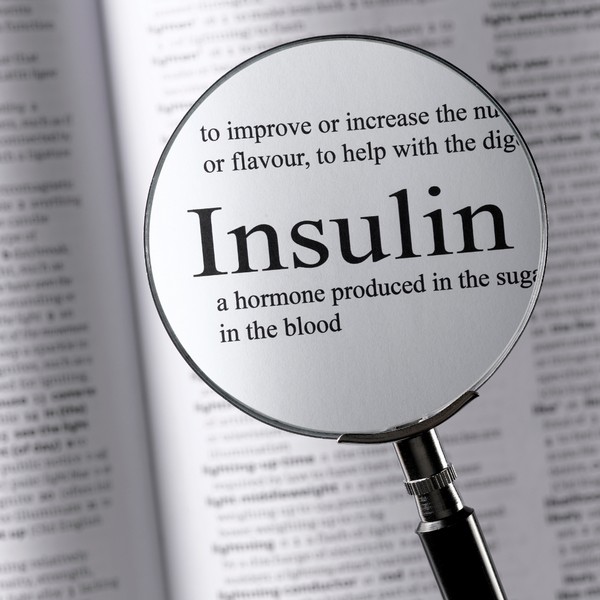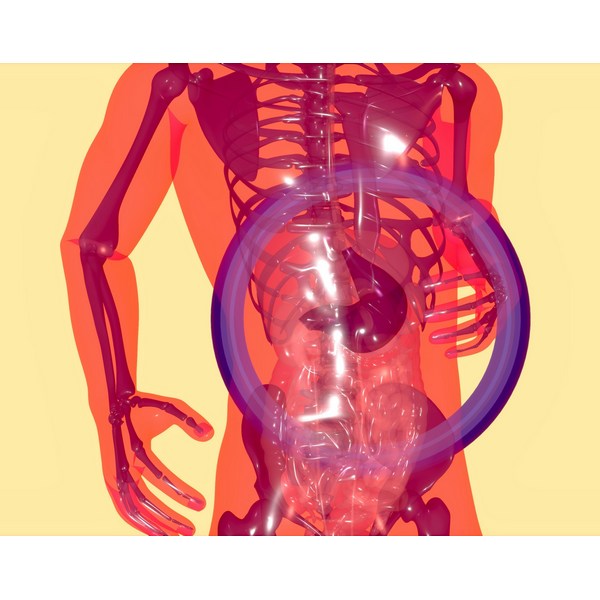Key Takeaways:
- Hormones play a key role in regulating fat mobilization and utilization in the body.
- Important hormones involved include insulin, glucagon, epinephrine, norepinephrine, cortisol, and growth hormone.
- Understanding how these hormones function can help develop strategies for effective fat loss and metabolic health.
- Hormonal imbalances can affect the body’s ability to burn fat efficiently.
- Lifestyle choices, including diet and exercise, significantly influence hormone levels and fat metabolism.
Introduction
Hormones are the body’s chemical messengers, and they play a crucial role in regulating various physiological processes, including fat metabolism.
Understanding how these hormones influence fat mobilization and utilization can provide insight into effective fat loss strategies and overall metabolic health.
The key hormones involved in these processes include insulin, glucagon, epinephrine, norepinephrine, cortisol, and growth hormone.
Insulin

Role of Insulin in Fat Storage and Mobilization
Insulin is a hormone produced by the pancreas that helps regulate blood sugar levels by facilitating the uptake of glucose into cells.
When insulin levels are high, such as after consuming a carbohydrate-rich meal, the body is more likely to store fat and inhibit its breakdown.
Insulin’s primary role is to promote fat storage by converting excess glucose into fat, which is stored in adipose tissue.
Insulin Sensitivity and Resistance
Insulin sensitivity refers to how effectively the body’s cells respond to insulin. Higher insulin sensitivity allows the body to use glucose more effectively, reducing the need for excessive insulin release.
On the other hand, insulin resistance occurs when cells do not respond well to insulin, leading to higher levels of insulin in the bloodstream.
This can result in increased fat storage and difficulty mobilizing stored fat for energy.
Glucagon
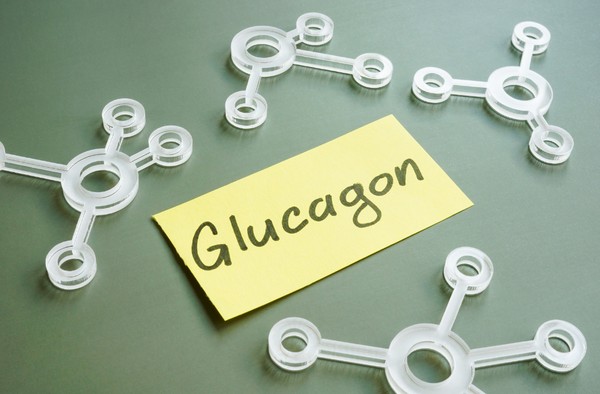
Role of Glucagon in Fat Mobilization
Glucagon, also produced by the pancreas, works in opposition to insulin. It signals the liver to release stored glucose into the bloodstream and promotes the breakdown of fat stores for energy.
Glucagon’s primary role is to ensure that the body has a steady supply of energy, particularly during fasting or between meals.
Impact of Diet and Fasting on Glucagon Levels
Diet and fasting can significantly impact glucagon levels. Low-carbohydrate diets and fasting periods lead to lower insulin levels and higher glucagon levels, which encourage the body to break down stored fat for energy.
This process is often utilized in weight loss strategies that focus on reducing carbohydrate intake and increasing periods of fasting.
Epinephrine and Norepinephrine

Role in Stimulating Fat Breakdown
Epinephrine and norepinephrine, also known as adrenaline and noradrenaline, are hormones released by the adrenal glands in response to stress or physical activity.
These hormones trigger the breakdown of fat stores by stimulating the release of fatty acids from adipose tissue into the bloodstream.
This process increases the availability of energy during times of stress or exercise.
Effect of Stress and Exercise on Hormone Levels
Stress and exercise both influence the release of epinephrine and norepinephrine. Physical activity, particularly high-intensity exercise, can significantly increase the levels of these hormones, enhancing fat mobilization.
However, chronic stress can lead to prolonged elevation of these hormones, potentially leading to negative health effects if not managed properly.
Cortisol
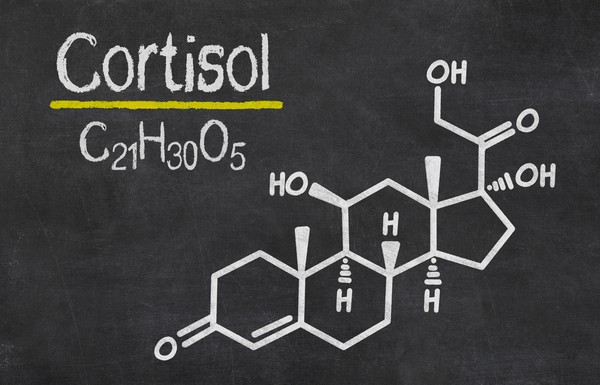
Role of Cortisol in Fat Metabolism
Cortisol, often referred to as the stress hormone, is produced by the adrenal glands and plays a role in mobilizing energy during stress.
It promotes the breakdown of fat and muscle tissue to provide glucose for the body’s immediate energy needs.
While cortisol is essential for managing acute stress, chronic elevated cortisol levels can lead to increased fat storage, particularly around the abdomen.
Balancing Cortisol for Effective Fat Utilization
Managing cortisol levels is important for effective fat utilization. Techniques such as stress management, regular exercise, and adequate sleep can help maintain balanced cortisol levels.
Reducing chronic stressors in daily life is also crucial for preventing the negative effects of prolonged cortisol elevation.
Growth Hormone
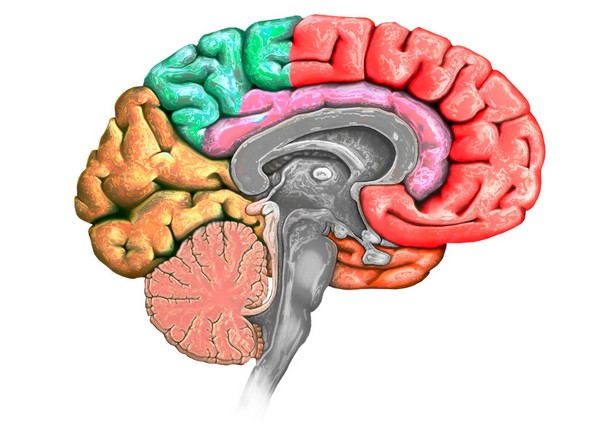
Role in Fat Utilization and Muscle Preservation
Growth hormone, produced by the pituitary gland, plays a significant role in promoting fat breakdown and preserving muscle mass.
It increases the body’s ability to utilize fat as a fuel source while protecting lean muscle tissue.
Growth hormone levels naturally decline with age, which can affect the body’s ability to metabolize fat efficiently.
Factors Influencing Growth Hormone Levels
Several factors influence growth hormone production, including sleep, exercise, and nutrition. Deep sleep stages are particularly important for growth hormone secretion.
High-intensity exercise, such as weightlifting or interval training, also stimulates growth hormone release.
Ensuring a diet rich in protein can support the maintenance of growth hormone levels.
Thyroid Hormones (T3 and T4)
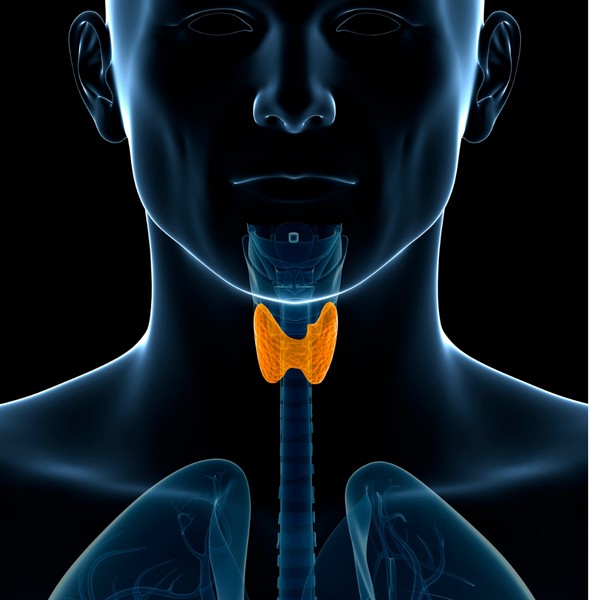
Role in Regulating Metabolic Rate
Thyroid hormones, including triiodothyronine (T3) and thyroxine (T4), are produced by the thyroid gland and are critical in regulating the body’s metabolic rate.
These hormones control how efficiently the body converts calories into energy and influence the rate at which fat is burned.
Optimal thyroid function is essential for maintaining a healthy metabolic rate and effective fat utilization.
Impact of Thyroid Imbalances
Thyroid imbalances, such as hypothyroidism (underactive thyroid) or hyperthyroidism (overactive thyroid), can significantly affect fat metabolism.
Hypothyroidism can lead to a slower metabolism and increased fat storage, while hyperthyroidism may result in an accelerated metabolism and excessive fat burning.
Addressing thyroid imbalances through medical treatment and lifestyle changes is important for maintaining healthy fat metabolism.
Adiponectin
Enhancing Fat Oxidation
Adiponectin is a hormone produced by fat cells that increases fat oxidation and improves insulin sensitivity.
Higher levels of adiponectin are associated with lower levels of body fat and a reduced risk of obesity-related diseases.
Increasing Adiponectin Levels
To boost adiponectin levels, focus on maintaining a healthy diet rich in omega-3 fatty acids, engaging in regular physical activity, and managing body weight.
Foods such as fatty fish and grass-fed beef can help increase adiponectin levels.
Hormonal Imbalances and Fat Metabolism
Common Hormonal Imbalances Affecting Fat Utilization
Certain hormonal imbalances, such as insulin resistance, hypothyroidism, and adrenal fatigue, can impair the body’s ability to metabolize fat effectively.
These conditions often lead to increased fat storage and difficulty losing weight, despite efforts to maintain a healthy diet and exercise routine.
Strategies for Balancing Hormones
Balancing hormones involves a combination of dietary, exercise, and lifestyle interventions.
Consuming a diet rich in nutrient-dense foods, engaging in regular physical activity, and managing stress through techniques like mindfulness and relaxation exercises can help restore hormonal balance.
Regular monitoring and consultation with a healthcare provider are also important for addressing any underlying hormonal issues.
Conclusion
Understanding the role of key hormones in fat mobilization and utilization is essential for developing effective strategies for fat loss and overall metabolic health. By maintaining hormonal balance through healthy lifestyle choices, individuals can optimize their body’s ability to burn fat and achieve their health and fitness goals.
FAQ
How does insulin affect fat storage and mobilization? Insulin promotes fat storage by converting excess glucose into fat and inhibits fat breakdown, especially when insulin levels are high.
What role do stress hormones play in fat metabolism? Stress hormones like epinephrine and norepinephrine stimulate fat breakdown for energy, while cortisol can promote fat storage, particularly during chronic stress.
Can lifestyle changes help balance hormones for better fat loss? Yes, diet, exercise, and stress management can significantly influence hormone levels and improve fat metabolism.
How do thyroid hormones influence fat utilization? Thyroid hormones regulate the body’s metabolic rate, affecting how efficiently calories are burned and fat is utilized.
What are the best strategies for optimizing growth hormone levels? Ensuring adequate sleep, engaging in high-intensity exercise, and consuming a protein-rich diet are effective strategies for maintaining optimal growth hormone levels.
Research
Abdi, H., Kazemian, E., Gharibzadeh, S., Amouzegar, A., Mehran, L., Tohidi, M., Rashvandi, Z., & Azizi, F. (2017). Association between thyroid function and body mass index: a 10-year follow-up. Annals of Nutrition and Metabolism, 70(4), 338-345.
Anderson, J. W., & Konz, E. C. (2001). Obesity and Disease Management: Effects of Weight Loss on Comorbid Conditions. Obesity Research, 9(S11), 326S-334S.
https://doi.org/10.1038/oby.2001.138
Bjorntorp, P. (1997). Body fat distribution, insulin resistance, and metabolic diseases. Nutrition, 13, 795-803.
Brillon, D. J., et al. (1995). Effect of cortisol on energy expenditure and amino acid metabolism in humans. American Journal of Physiology, 268, E501-513.
Cabeca, A. (2019). The Hormone Fix: The Natural Way to Balance Your Hormones, Burn Fat and Alleviate the Symptoms of the Perimenopause, the Menopause and Beyond. Hachette UK.
Chrousos, G. P. (2000). The role of stress and the hypothalamic-pituitary-adrenal axis in the pathogenesis of the metabolic syndrome: neuro-endocrine and target tissue-related causes. International Journal of Obesity and Related Metabolic Disorders, 24(S50-S55).
Cree, M. G., & Wolfe, R. R. (2008). Postburn trauma insulin resistance and fat metabolism. American Journal of Physiology-Endocrinology and Metabolism. https://doi.org/E-00562-2007
Davidson, J. R., Moldofsky, H., & Lue, F. A. (1991). Growth hormone and cortisol secretion in relation to sleep and wakefulness. Journal of Psychiatry and Neuroscience, 16(2), 96-102.
El-Zayat, S.R., Sibaii, H. and El-Shamy, K.A., 2019. Physiological process of fat loss. Bulletin of the National Research Centre, [online] 43(1).
https://doi.org/10.1186/s42269-019-0238-z.
Ensinger, H., Weichel, T., Lindner, K.-H., Grünert, A., & Georgieff, M. (1995). Are the effects of noradrenaline, adrenaline and dopamine infusions on $$\dot VO_2 $$ and metabolism transient? Intensive Care Medicine, 21(1), 50-56. https://doi.org/10.1007/bf02425154
Fernandez-Verdejo, R., Marlatt, R., Ravussin, K. L., Galgani, E., et al. (2019). Contribution of brown adipose tissue to human energy metabolism. Molecular Aspects of Medicine, 68, 82-89. https://doi.org/10.1016/j.mam.2019.07.003
Gallagher, D., Heymsfield, S. B., Heo, M., Jebb, S. A., Murgatroyd, P. R., & Sakamoto, Y. (2000). Healthy percentage body fat ranges: an approach for developing guidelines based on body mass index. American Journal of Clinical Nutrition, 72(3), 694-701.
Heilbronn, L. K., de Jonge, L., Frisard, M. I., DeLany, J. P., Larson-Meyer, D. E., Rood, J., et al. (2006). Effect of 6-month calorie restriction on biomarkers of longevity, metabolic adaptation, and oxidative stress in overweight individuals: a randomized controlled trial. JAMA, 295(13), 1539-1548. https://doi.org/10.1001/jama.295.13.1539
Harris, M. B., & Kuo, C.-H. (2021). Scientific challenges on theory of fat burning by exercise. Frontiers in Physiology, 12. https://doi.org/10.3389/fphys.2021.685166
Leproult, R., Copinschi, G., Buxton, O., & Van Cauter, E. (1997). Sleep loss results in an elevation of cortisol levels the next evening. Sleep, 20(10), 865-870.
Poher, A. L., Altirriba, J., Veyrat-Durebex, C., Rohner-Jeanrenaud, F., et al. (2015). Brown adipose tissue activity as a target for the treatment of obesity/insulin resistance. Frontiers in Physiology, 6, 4. https://doi.org/10.3389/fphys.2015.00004
Selvais, C. M., Dubuisson, N., & Brichard, S. M. (2020). Adiponectin and its mimics on skeletal muscle: insulin sensitizers, fat burners, exercise mimickers, muscling pills … or everything together? International Journal of Molecular Sciences, 21(7), 2620. https://doi.org/10.3390/ijms21072620
Sharma, A. M., Pischon, T., Hardt, S., Kunz, I., & Luft, F. C. (2001). Hypothesis: adrenergic receptor blockers and weight gain: a systematic analysis. Hypertension, 37(2), 250-254. https://doi.org/10.1161/01.HYP.37.2.250
Siler, S. Q., Neese, R. A., & Hellerstein, M. K. (1999). De novo lipogenesis, lipid kinetics, and whole-body lipid balances in humans after acute alcohol consumption. American Journal of Clinical Nutrition, 70, 928-936.
Stimson, R. H., et al. (2009). Cortisol release from adipose tissue by 11B-Hydroxysteroid Dehydrogenase type-1 in humans. Diabetes, 58(1), 46-53.
Wang, Z., Yu, X. and Chen, Y., 2021. Recruitment of Thermogenic Fat: Trigger of Fat Burning. Frontiers in Endocrinology, [online] 12.
https://doi.org/10.3389/fendo.2021.696505.
Zekri, Y., Flamant, F., & Gauthier, K. (2021). Central vs. peripheral action of thyroid hormone in adaptive thermogenesis: a burning topic. Cells, 10(6), 1327. https://doi.org/10.3390/cells10061327
L-Carnitine: Benefits, Dosage, and Side Effects
Key Takeaways L-Carnitine supports fat metabolism and energy production. Benefits include enhanced exercise performance and improved heart health. Proper dosing minimizes potential side effects. Understanding…
7 Key Hormones for Fat Burning
Key Takeaways: Hormones play a key role in regulating fat mobilization and utilization in the body. Important hormones involved include insulin, glucagon, epinephrine, norepinephrine, cortisol,…
Resistance Training 101: A Beginner’s Guide
Key Highlights Resistance training builds muscle strength and endurance. Utilizes equipment like free weights, bands, or body weight. Benefits include increased metabolism and improved bone…
9 Best Cutting Supplements for a Shredded Physique
Key Highlights Pay attention to ingredients and their benefits, as well as select high-quality supplements through extensive research. Whey Protein Isolate, Essential Amino Acids, and…
Try Walking More for Better Health
Key Takeaways: Walking enhances fat loss by increasing calorie burn and boosting metabolism. Regular walking improves cardiovascular health, aiding in weight management. Low-impact nature of…
How To Optimize Your Weight Loss Efforts
1. Get Your Beauty Sleep for Optimal Weight Loss2. Natural Solutions for Weight Loss3. Stress Relief Strategies for Weight Loss4. Maximize Your Weight Loss with…
Lose Belly Fat: 17 Effective Tips Backed by Science
Key Highlights Increasing protein intake, with healthy fats, and consuming probiotics can help in losing belly fat. Managing stress levels, optimizing sleep quality, and eliminating…










